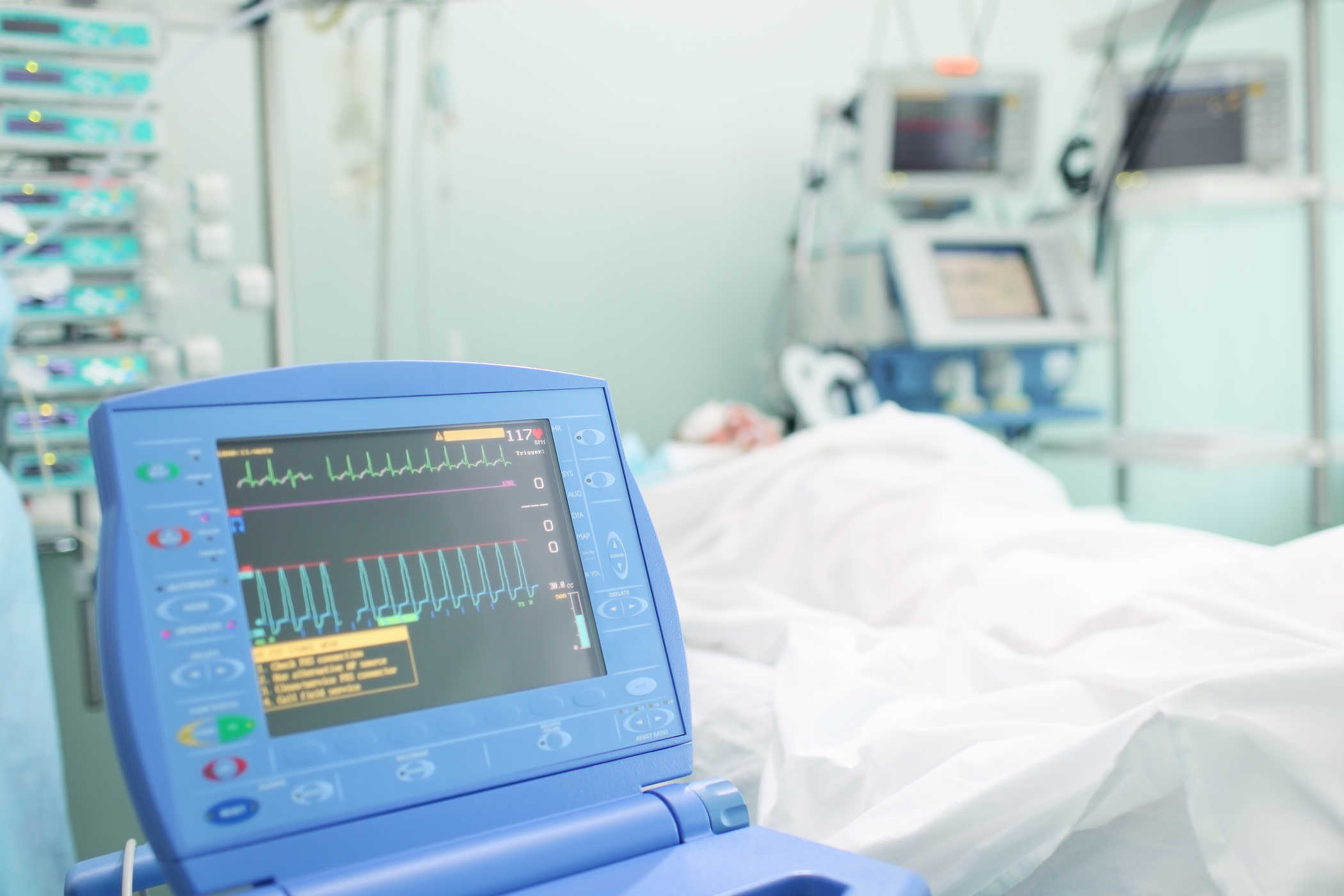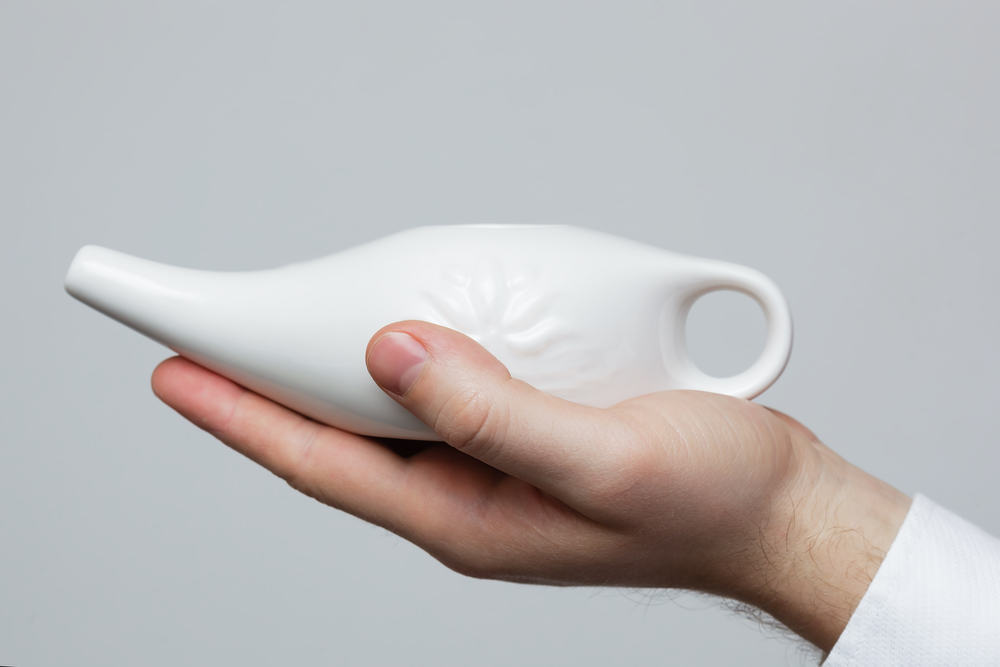Contents:
- Medical Video: Getting Headaches When Doing Keto and Intermittent Fasting?
- 1. Get enough sleep and sleep
- 2. Manage stress
- 3. Maintain fluid balance in the body
- 4. Eat healthy foods that are rich in nutrients
- Foods that prevent migraines
- Foods that trigger migraines
Medical Video: Getting Headaches When Doing Keto and Intermittent Fasting?
When fasting, the body is in a state of low blood sugar. Though the brain needs a supply of sugar to function properly. As a result, this often triggers migraines. Migraine is a headache that feels throbbing and quite painful, generally only attacks one side of the head. Not only low blood sugar, dehydration, lack of sleep, and consumption of caffeine in some people can also trigger this disease. However, people who have migraines do not mean they should not fast. Here are some tips for fasting during migraines that you can practice.
1. Get enough sleep and sleep
The first tip to run fast during a migraine is to maintain sleep quality. Migraine can be caused by lack of sleep. Well, this condition often occurs during fasting because you have to get up early for dawn. So, how to work around this? The way to sleep early. Try to complete all work and activities faster than usual so you can rest early.
Getting enough sleep, which is around 7 hours per day can reduce the risk of recurrent migraine. No less important is making sure you sleep well. Long sleep but not quality is still in vain.
2. Manage stress
Although stress does not directly trigger migraines, some of the postures that are carried out during stress can trigger them. Tightening the jaw, squinting eyes, crying, and a series of stresses applied on the face, neck and muscles can trigger migraines.
A combination of stress and low blood sugar during fasting can trigger a migraine that is quite disturbing to your worship. Therefore, the second fasting tips for migraines is to try to stay relaxed, positive thoughts, and control emotions during fasting. Keep in mind what your purpose is fasting and you will be easier to resist emotional turmoil.
3. Maintain fluid balance in the body
As mentioned earlier, dehydration can trigger migraines. Therefore it is very important for those of you who often experience migraines to maintain fluid needs during fasting. Even though you can't drink it when you are thirsty, you can outsmart it by drinking water after breaking fast, finishing tarawih, before going to bed, waking up, and at dawn.
That way, the body still gets enough fluids even in the month of Ramadan. Don't get me wrong, the liquid isn't only from water! You can consume various sources of healthy fluids such as coconut water, fruit, and also foods that contain soup such as soup.
4. Eat healthy foods that are rich in nutrients
Quoted from the Physicians Committee, research shows that some foods can trigger migraines and others can actually prevent them. To prevent migraine attacks during fasting you need to pay attention to the food intake that you consume at dawn and breaking fast.
Foods that prevent migraines
- Brown rice
- Green vegetables such as broccoli, spinach and mustard greens
- Carrot
- Sweet potato
- Cherry
- Pear
Foods that trigger migraines
- Dairy products
- Chocolate
- Meat
- Peanuts
- Onion
- Corn
- Tomato
- Apple
- Banana
- Caffeine
- MSG (flavoring)
- Foods containing tyramine, usually stored too long like salted fish, soybean fermentation, and others.
- Processed flour products such as bread and pasta.
- Foods and beverages that contain artificial sweeteners and preservatives.
Try to consistently follow these various guidelines during fasting so that your risk of developing migraines can decrease. Always consult with a doctor if the various ways you have done are not effective to expel and prevent migraines during fasting.
















